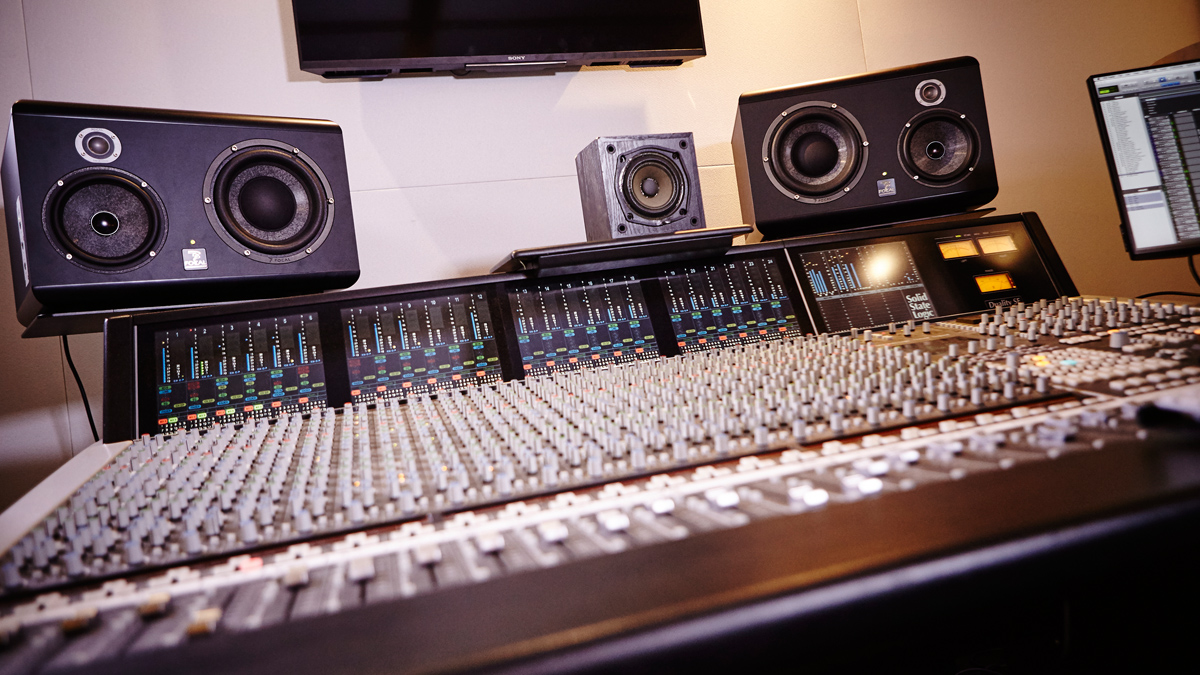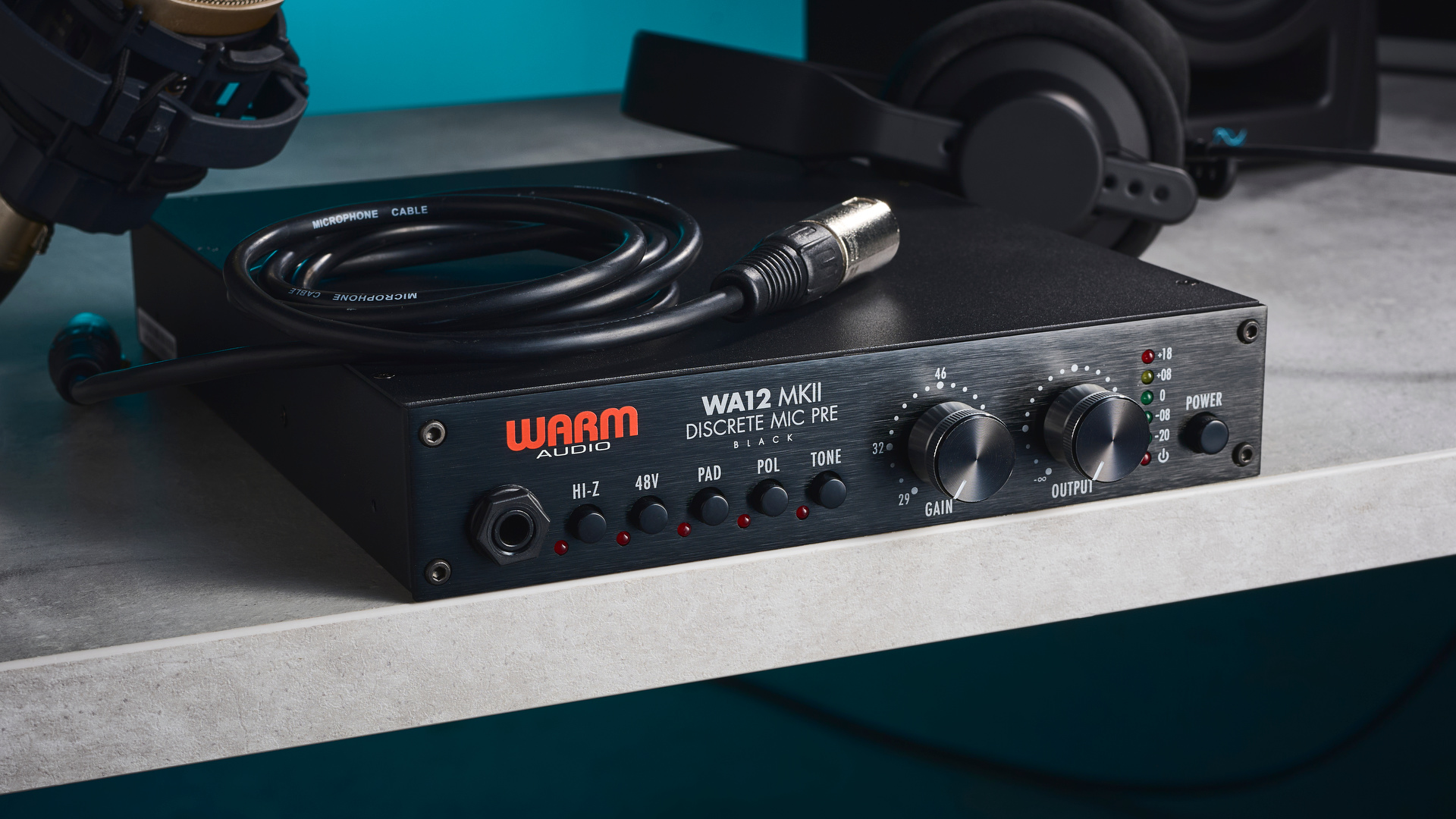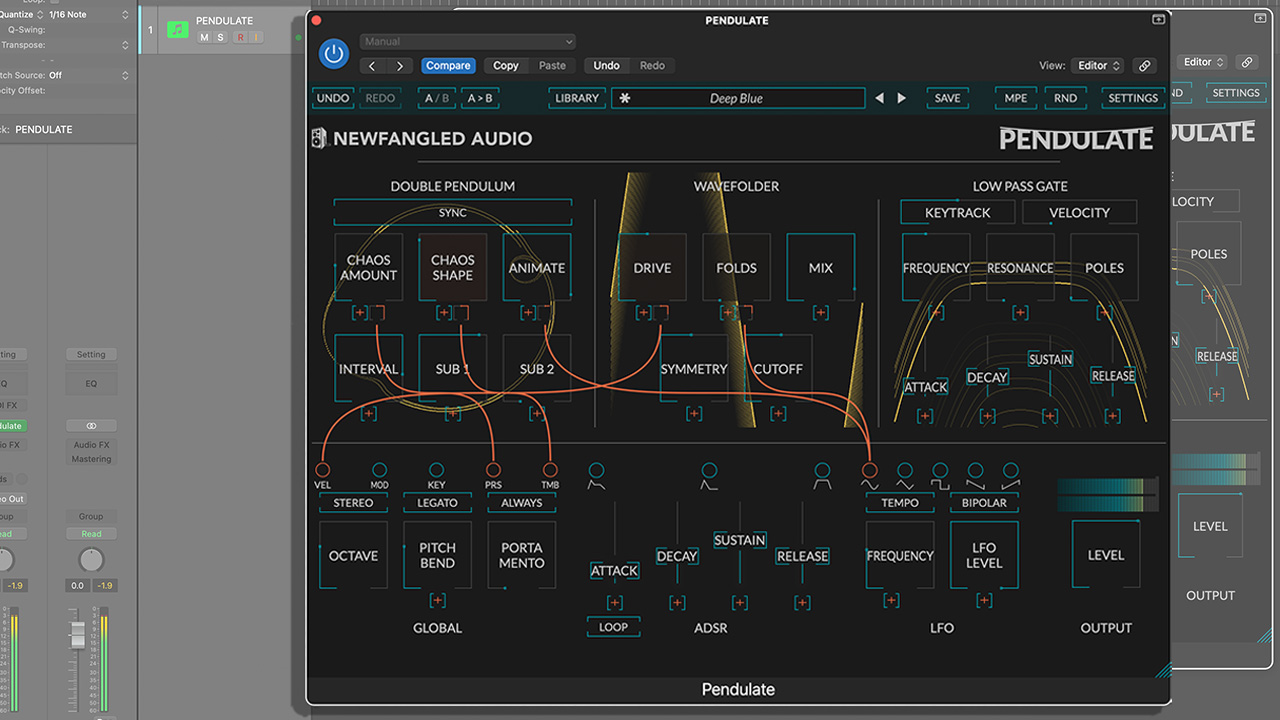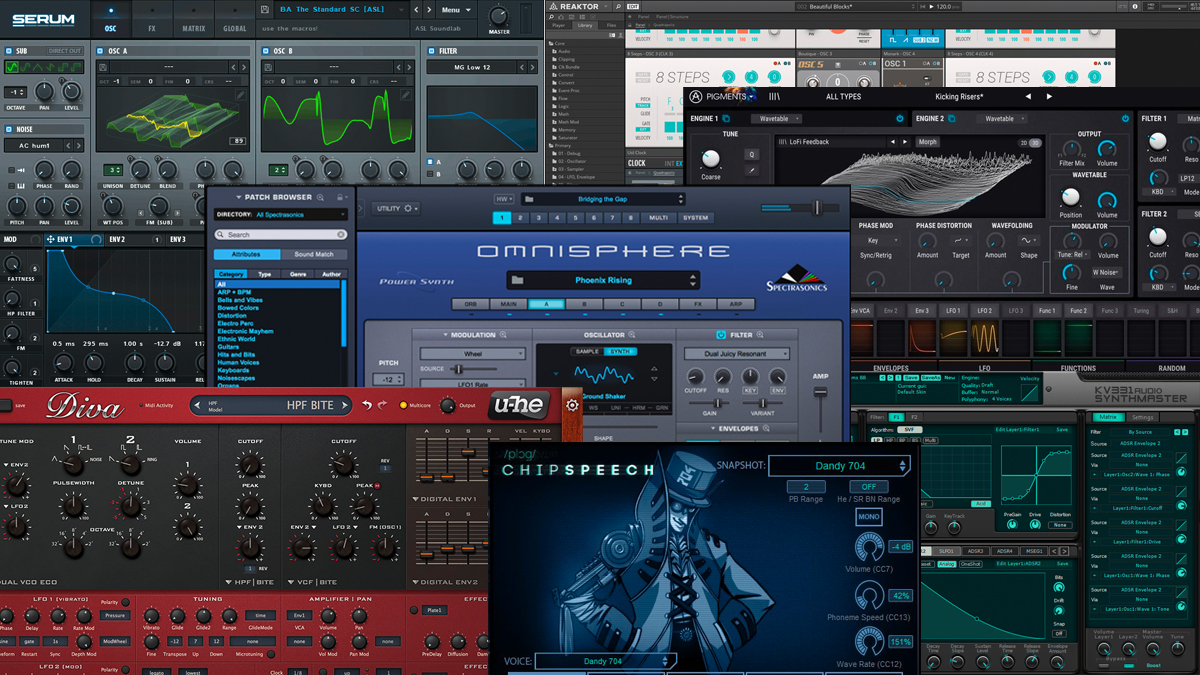What is mastering?
This delicate and subtle art explained

MASTERING WEEK: Before you start piling the plugins onto your latest project’s master channel, you need to understand exactly what ‘mastering’ is.
Broadly put, it’s both the final stage in the creative production of a track or album, and the initial stage of its manufacture (where a physical product is concerned, such as a CD or vinyl) or output (ie, WAV/MP3 delivery to a download portal). In the early days of mass-produced music, it was the job of a skilled individual to physically transfer a final mix from tape to the ‘master’ vinyl record, which would then be sent for duplication.
As record labels realised that skilfully-applied processing could make a big difference in the perceived quality of music, mastering engineers were given more creative freedom to enhance mixes with equalisation and compression techniques. In today’s digital age, the mastering engineer is still essentially the middle-man between the finished mix and the consumer, correcting any ‘errors’ in the mix, making enhancements where needed, and editing/ submitting the final ‘master’ file for release - all without compromising the artistic vision of the original artist or creatively altering the mix.
Why master?
Assuming the mix itself is ‘good’, a dense stereo mix requires quite delicate processing, as extreme settings could lead to unnatural side effects, interfering with its overall integrity or vision. With this in mind, mastering settings are often very subtle.
For a pro mastering engineer to subtly improve a mix, and help it sound consistent across a broad range of speakers and output formats, they require highly accurate monitor speakers, situated in a neutral acoustic environment. Great monitoring allows you to hear exactly what’s going on across the full 20Hz-20kHz frequency range, helping you spot mix errors and inconsistencies. A suitable studio space and acoustic treatment stops environmental factors from interfering with the sound emerging from the speakers.
If you’re looking to master music yourself, but your own studio or production environment features less-than-ideal monitoring or acoustics, we’d suggest addressing the issue as soon as possible.
So why doesn’t the mix engineer simply take on the task of mastering too? A mastered track should sound as good as possible on as many playback systems as possible, achieving a professional and consistent sound whether listened to on a car stereo, club soundsystem, cheap earphones, television, mobile phone, and so on. A producer or mix engineer has likely spent countless hours creatively blending multiple elements together to craft the final mix, and in doing so has ‘overlistened’ to the track in the same studio, which may not be the ideal listening environment. The mastering engineer is a final, experienced pair of ears that can objectively listen to the track, correct errors introduced by an imperfect mixing studio, and transparently sweeten a piece of music further.
Fans and listeners are used to hearing modern music coated with a professionally-mastered ‘sheen’ - sparkling highs, deep bass, consistent frequency spread and dynamic balance. Today’s
songs and albums must compete with other professional records. A skilled mastering engineer has the equipment, experience and ears to help a mix sit beside other commercial releases, adding that final 5-10% of polish.
Collections of individual tracks - whether destined for an EP, album or compilation - can each sound tonally and dynamically separate from each other. The mastering engineer will ensure the final collection of songs all sit together as a single cohesive product.
Get the MusicRadar Newsletter
Want all the hottest music and gear news, reviews, deals, features and more, direct to your inbox? Sign up here.
Having said all that, many of us do now choose to master our own tracks at home, so we want to help you to make the best job of it that you possibly can. Head on over to our Mastering week hubpage for tips, tutorials and advice from the pros.
Computer Music magazine is the world’s best selling publication dedicated solely to making great music with your Mac or PC computer. Each issue it brings its lucky readers the best in cutting-edge tutorials, need-to-know, expert software reviews and even all the tools you actually need to make great music today, courtesy of our legendary CM Plugin Suite.
“The included sample content is not only unique but sonically amazing, as it always was”: Spitfire Audio BBC Radiophonic Workshop review
“We were able to fire up a bass sound that was indistinguishable from the flavour of New Order’s Blue Monday in seconds”: EastWest Sounds Iconic review










